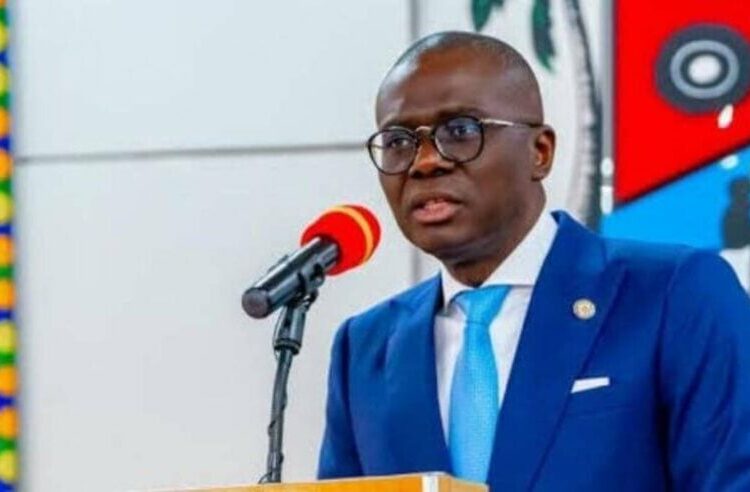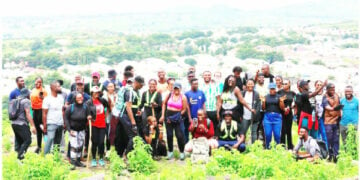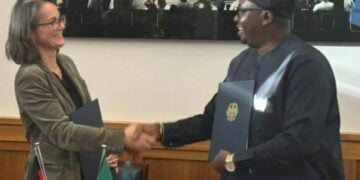Governor Babajide Sanwo-Olu yesterday said his administration will strive to transform Lagos waterways from mere geographical features into vital corridors of economic opportunity and sustainable transportation.
Speaking at the official launch of the Lagos State Waterways Authority (LASWA) “Omi Eko Project,” the governor said the initiative marks a historic step in reimagining Lagos’ transport and environmental landscape.
“For centuries, water has defined the rhythm of Lagos. From the bustling trade canoes of our ancestors to the ferries that glide across our lagoon today, our story has always been written on water. But history is not just what we inherit; it is also what we choose to create,” Sanwo-Olu said in his keynote address.
Describing the Omi Eko Project as a “bold statement” of intent, Sanwo-Olu noted that the project represents Lagos’ vision to lead the continent in developing a sustainable, connected, and future-oriented water transportation system.
“This is not just a project unveiling. It is a comprehensive, future-oriented blueprint that merges technology, environmental stewardship and smart design to create waterways that are not just navigated but optimised,” he added.
The governor emphasised that the project would ease traffic congestion, reduce carbon emissions, and open up new economic opportunities across waterfront communities in the state.
In his goodwill message at the event, former minister of Works and Housing, Mr Babatunde Fashola, applauded the resilient spirit of Sanwo-Olu and his team, urging them to complement the projects with connectivity links to the rail and road transport system.
Lagos State Commissioner for Transportation, Mr Oluwaseun Osiyemi noted that the initiative aims to significantly cut travel times, ease road congestion, and offer Lagosians a reliable and environmentally friendly commuting alternative.
Earlier, special adviser to the governor on Blue Economy, Mr Damilola Emmanuel, emphasised that the Omi Eko Project would not only strengthen infrastructure across Lagos waterways but also advance the state’s climate resilience goals and sustainable transport agenda through smart technology and eco-friendly innovation.





